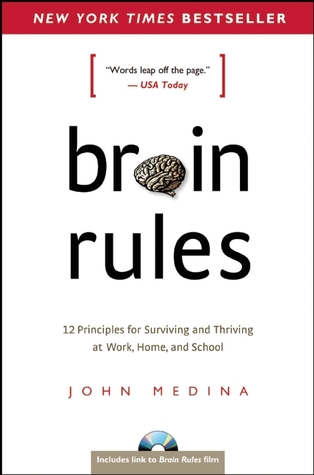I heard about this book from the book club I have started going to at Chapters. I decided to read it
on our way back from Miami. We flew from Miami to Montreal to Calgary. Unfortunately, I finished it as we were barely in the air after leaving Montreal. It is s pretty quick read.
I hadn't noticed that the author was a male and that really surprised me when I got to the end. It is a book about high school and popularity gone wrong and female friendship problem solving. I guess boys have those experiences too....but I was surprised at how authentic the relationships all seemed. Pretty good for a guy! Although, I must add, I thought it was weird the book was dedicated to his high school girlfriend:
For Laura Marchand, my high school sweetheart and the first person to ever believe in me. The world deserved so much more of your light.
This was a great summer read. As many family and school reunions happen and treks are made back to towns where people grew up, it is interesting to read about someone else's experience. I don't think unresolved problems are very uncommon. I think many people would be able to relate to this book.
The overriding theme in the book:
P. 100 There's no great dividing line between being a kid and an adult. We're not all caterpillars turning into butterflies. You are what you are. When you grow up, you may be more careful than you were when you we're a kid. You don't say what you think as much as you once did. You learn to play nice. But you're still the same person who did good things or rotten things when you were. Young. Whether you feel good about then or bad...whether you regret them, well, that's a different things. But it's not like they disappear forever.
P. 154 Only now did Caroline understand why she had to return to Blackstone. Emily had once been the impetus, but she wasn't the real reason for this journey. Spartacus was right. It's a tough way to live, never forgiving anyone for the indiscretions of their youth. Especially yourself.
Her journey home was about a secret. Her secret. The burden that she had been carrying on her back for so long. The guilt she had carried for so long.
The secret behind Lucy's death was more important than anything Emily had done to her. She had blamed Emily for her sister's death, and though she still believed that Emily owned a small part of it, that part was shrinking fast.
P. 167-168 Emily and Caroline has it out a out what happened that day in the cafeteria:


These pages broke my heart. It is an example of how impactful unkind things can be. It happens to so many people in high school....but it happens later in life too. It truly is heartbreaking and often, life changing.
They talk through it though....and even come up with some answers (oh if only everyone could be so self reflective. Often people cannot find the meaning in these experiences):
Pages 180-181:

And Caroline does work through it. She seems to find peace and come to come good conclusions:
This book would make a great discussion for book club. Maybe that's why the author wrote it.
Goodreads summary:
Caroline Jacobs is a wimp, someone who specializes in the suffering of tiny indignities in silence. And the big ones, too. But when the twinset-wearing president of the local Parent Teacher Organization steps out of line one too many times, Caroline musters the courage to assert herself. With a four-letter word, no less.
Caroline's outburst has awakened something in her. Not just gumption, but a realization that the roots of her tirade can be traced back to something that happened to her as a teenager, when her best friend very publicly betrayed her. So, with a little bit of bravery, Caroline decides to go back to her home town and tell off her childhood friend. She busts her daughter out of school, and the two set off to deliver the perfect comeback...some twenty-five years later. But nothing goes as planned. Long buried secrets rise to the surface, and Caroline finds she has to face much more than one old, bad best friend.
The Perfect Comeback of Caroline Jacobs is an enchanting novel about the ways in which our childhood experiences reverberate through our lives. It's the story of a woman looking to fix her life through an act of bravery, and of a mother and daughter learning to understand one another. Deceptively simple and highly engaging, this latest novel by Matthew Dicks is perfect for those of us who were last to be picked at sports, and for everyone who is thrilled not to be in high school any more.











